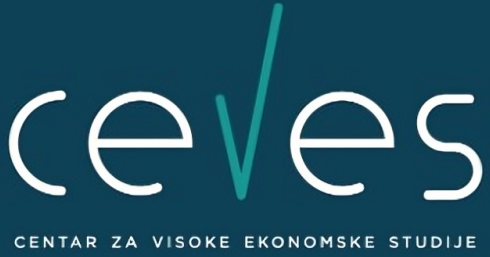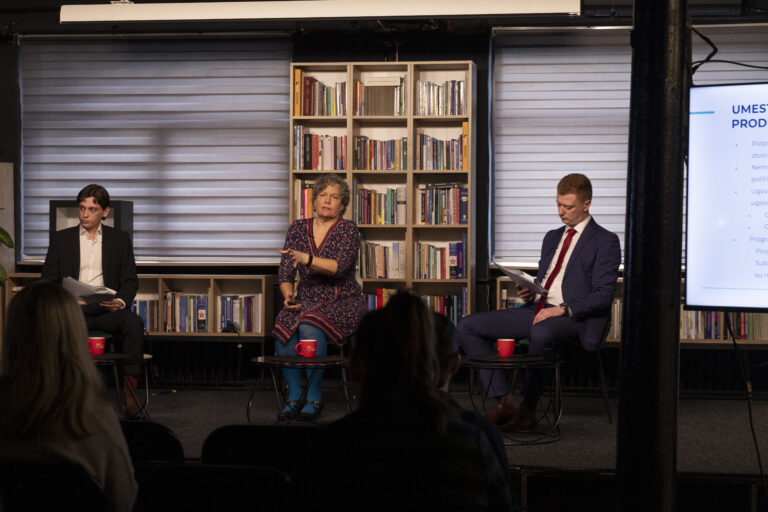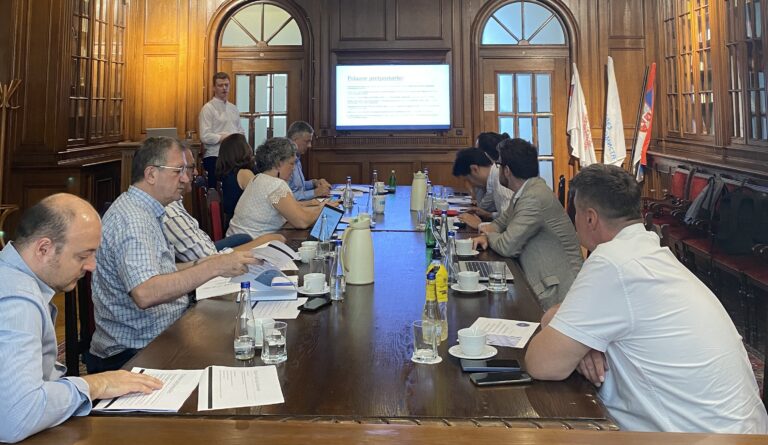Proučava faktore ekonomskog rasta iz perspektive preduzeća s ciljem da omogući kreiranje politika, koje bi poboljšale rezultate i omogućile njihov rast, akumuliranje znanja u centre na osnovu kojih bi preduzeća mogla da pronalaze rešenja za svoje probleme.
Ovaj program razvija znanje koje je od kritične važnosti podrške preduzetništvu u Srbiji, i takođe da obezbedi odgovarajuće alate uz pomoć kojih će se preduzetništvo dalje razvijati i napredovati. Zahvaljujući ovom programu, CEVES stavlja naglasak na neke od najvećih i dubokoukorenjenih problema kompanija, nastoji da okuplja širu javnost na makro i mikro nivou insistirajući na promenama.
Prema navodima Svetske banke: Veliki problem strukture preduzeća u Srbiji je “nedostatak sredine”, manjak dinamičnih preduzeća srednje veličine, koje će značajno doprineti razvitku privrede. Resursi su striktno koncentrisani kod malog broja velikih preduzeća sa nezadovoljavajućom produktivnošću. Takođe, postoji veliki broj malih i mikro preduzeća, koja nisu uspela da prerastu u srednja, ni da ostvare ekonomiju obima potrebnu da psotanu konkurentni izvoznici”.
Uzimajući u obzir ovakvu strukturu preduzeća u Srbiji, pre svega nedostatak domaćih srednjih preduzeća i nemogućnost implementisanja neophodnih promena u organizaciji kako bi se ostvarile mogućnosti za rast, značajan napor je neophodan da se uloži kako bi mikro, mala i srednja preduzeća prerasla u velika. Kompanije u Srbiji moraju da svakodnevno da podnose izveštaje o finansiranju i između ostalog, strategijama i rizicima. U tom pogledu, CEVES će se skoncentrisati na nekoliko tema, koje imaju značajan uticaj na uspeh, tj. neuspeh.








